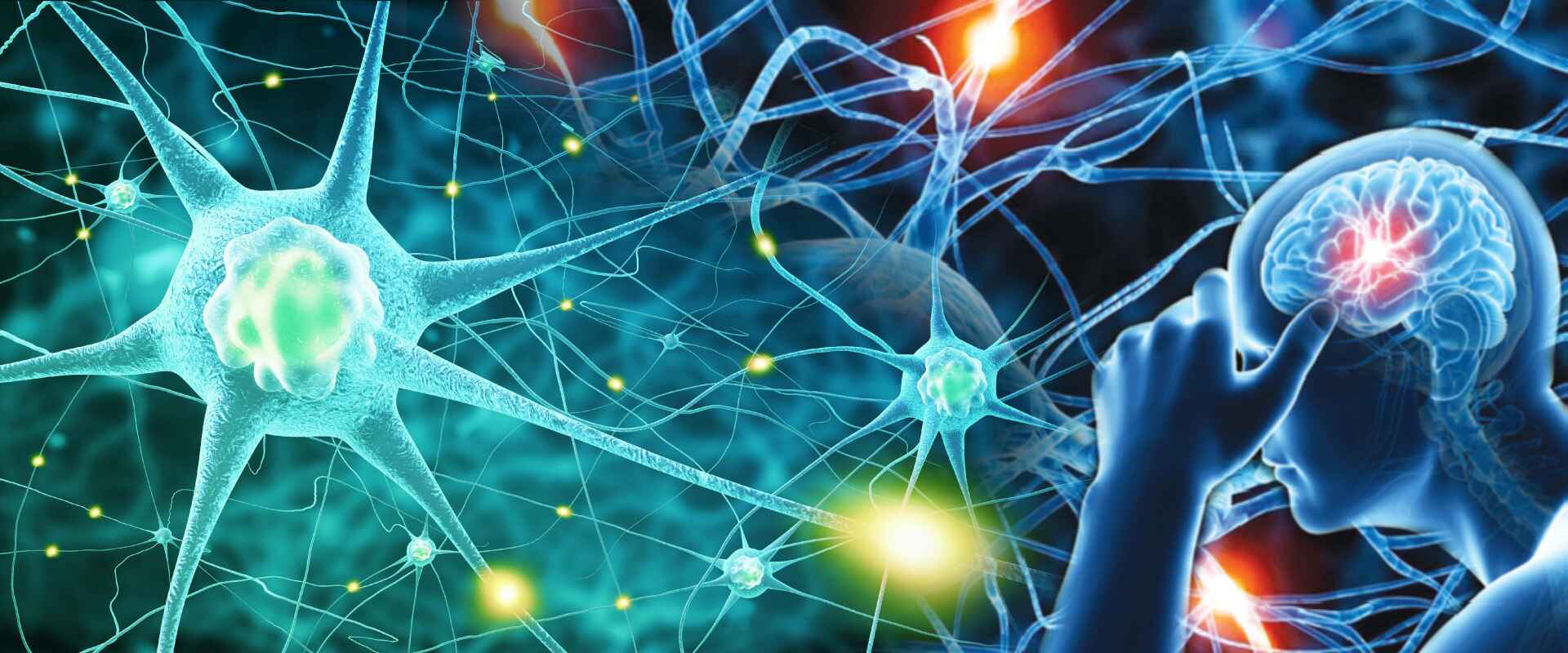Impaired subjective organisation of memory in psychogenic amnesia
Keywords:
Dissociative amnesia, Memory disorder, Dissociative disorder, Fugue, Autobiographical memory, Episodic memoryAbstract
Objectives: Psychogenic or dissociative amnesia is a rare condition which involves primarily impairment in episodic autobiographical memory. Why such impairment occurs in such patients has always perplexed researchers and multiple theories have been proposed. This paper proposes a novel hypothesis to explain psychogenic amnesia through a mechanism associated with impairment in the ability to subjectively organise and bring memory to conscious awareness. Methods: The present paper presents a case study through careful investigation of a patient with psychogenic amnesia using extensive neuropsychological evaluation encompassing intellectual functioning, executive functions, and memory. Results: The neuropsychological findings established that the patient suffered an autobiographical memory impairment which was more pronounced for events of the previous 5 years. On tests of episodic memory, the patient showed impairment in subjective organisation in recall of the memory. The patient’s intellectual functioning and new learning were intact. Recognition memory for faces and words were also not impaired. Conclusion: We propose that patients with psychogenic amnesia may have selective difficulty in bringing materials for retrieval into their subjective awareness. Such an impairment is observed in the subjective organisation of materials for memory retrieval. This case study will add to the understanding, assessment, and management of patients with psychogenic amnesia.

